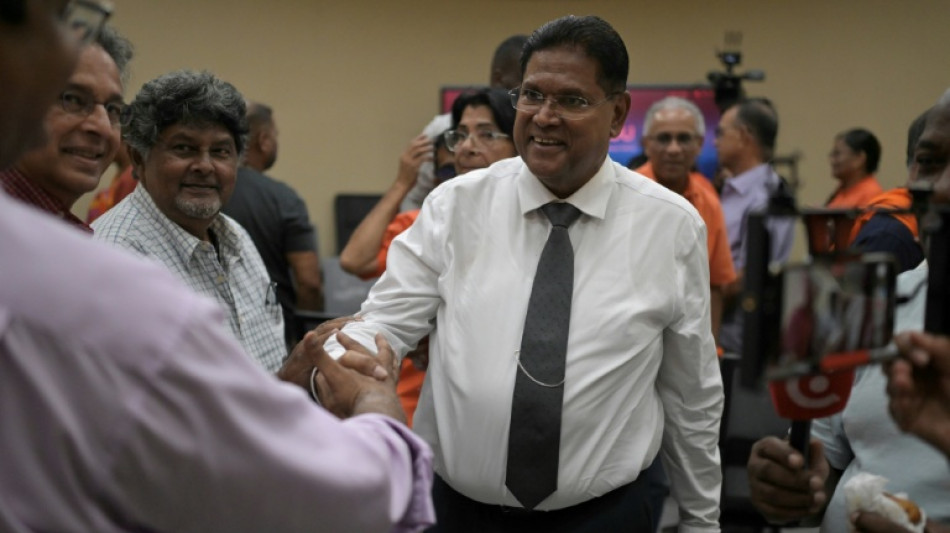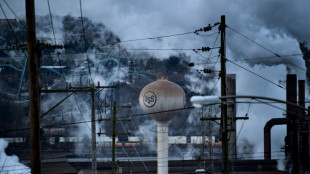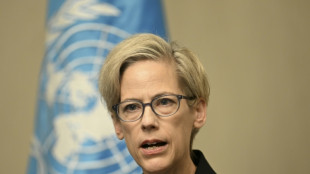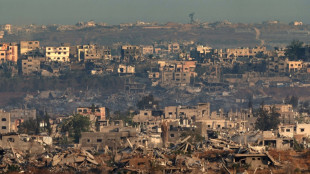

Suriname president vows oil bonanza won't hit carbon-negative status
Ahead of oil-rich Suriname's election, the country's president tells AFP that a looming energy windfall will not spell a shift away from climate-friendly policies.
Voters in this tiny Amazon-cloaked South American nation will go to the polls Sunday to decide who will guide it through what promises to be a transformative energy bonanza.
The country of 600,000 recently discovered a vast oil field off the Atlantic coast that within years should be capable of producing 220,000 barrels daily.
There will be "a huge amount of income for the country" once drilling gets underway in 2028, Chan Santokhi told AFP in an interview on the eve of the vote.
Santokhi is among those vying for a five-year term as president, in an election where few experts can pick a clear favorite.
Under fire for recent austerity measures and tax hikes, Santokhi has promised the oil windfall will mean "Royalties for Everyone," a pledge of cash handouts rejected by critics as opportunism.
But his pitch to voters also has a notable green tinge.
He told AFP that, if reelected, the country will maintain its rare status as a carbon-negative nation and some of the proceeds of the boom will be ploughed into green projects.
"That money will be used for the transition towards the green energy which we need, also because we know the fossil energy is limited. It will be gone after 40 years," he said Thursday in the capital Paramaribo.
Ninety percent of Suriname is covered by the Amazon rainforest, allowing the country to absorb more carbon pollution than it gives off.
Suriname, he insisted, can "protect our forests" while raking in cash from selling fossil fuels.
"It's possible that we can increase the (oil) production based on high tech, based on modern technology, based on limiting the emission and to stay carbon negative," he added.
Experts say Suriname stands to make billions of dollars in the next 10 to 20 years from exploiting its oil reserves.
There is already a fierce debate over how that money will be used.
The country is battling high debt, rampant inflation, and poverty affecting nearly one in five of its residents, according to World Bank figures.
After a 2020 default, Suriname was forced to turn to the International Monetary Fund for a $688-million bailout that came with painful cuts to fuel subsidies.
Sunday's vote to elect 51 lawmakers, and their decision about who will be president, will go a long way to deciding how the money is used.
After independence from Dutch rule in 1975, the country suffered a string of coups and a guerrilla insurgency led by the descendants of escaped African slaves.
With Suriname now a democracy, Sunday's election will feature fourteen parties, including Santokhi's centrist Progressive Reform Party (VHP).
He faces a stern challenge from the leftist National Democratic Party (NDP) and center-left General Liberation and Development Party (APOB) of Vice President Ronnie Brunswijk -- a former guerrilla leader.
B.al-Muhanna--al-Hayat




